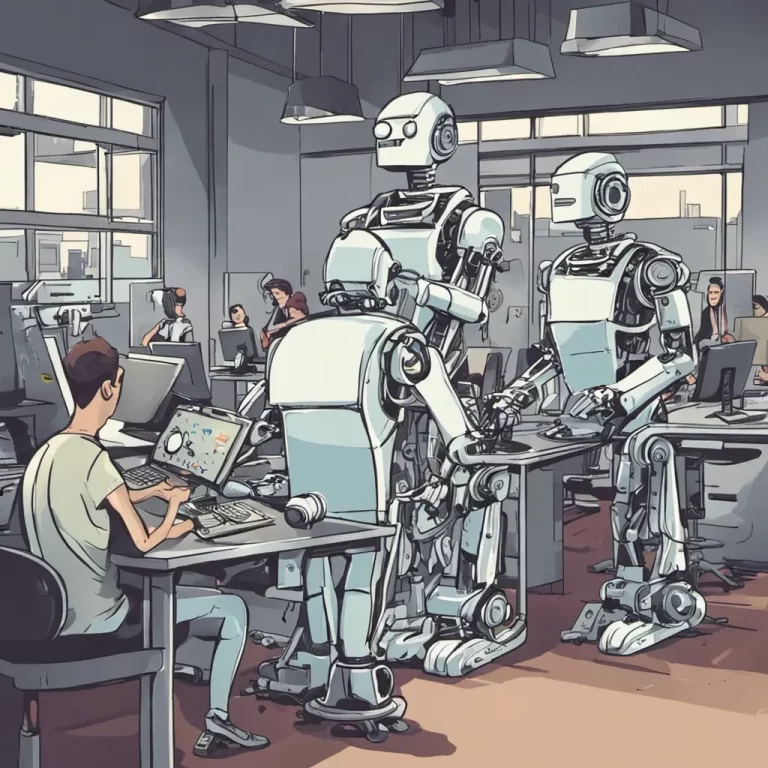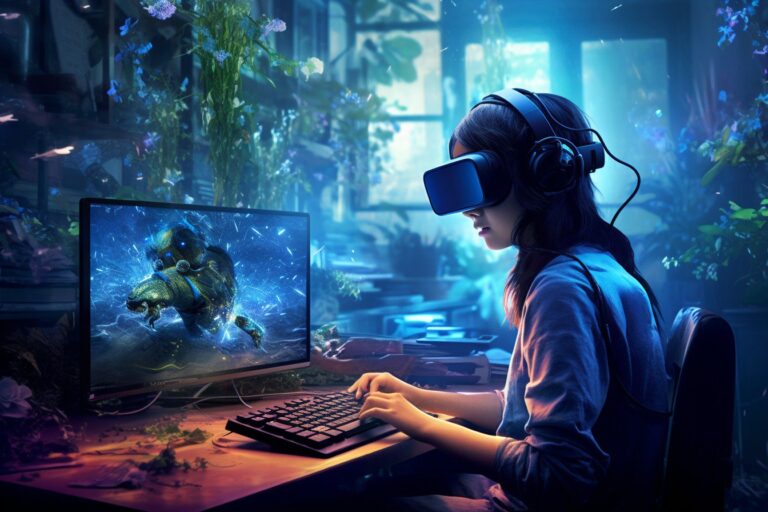8 High paying Jobs that AI Can’t Replace – yet
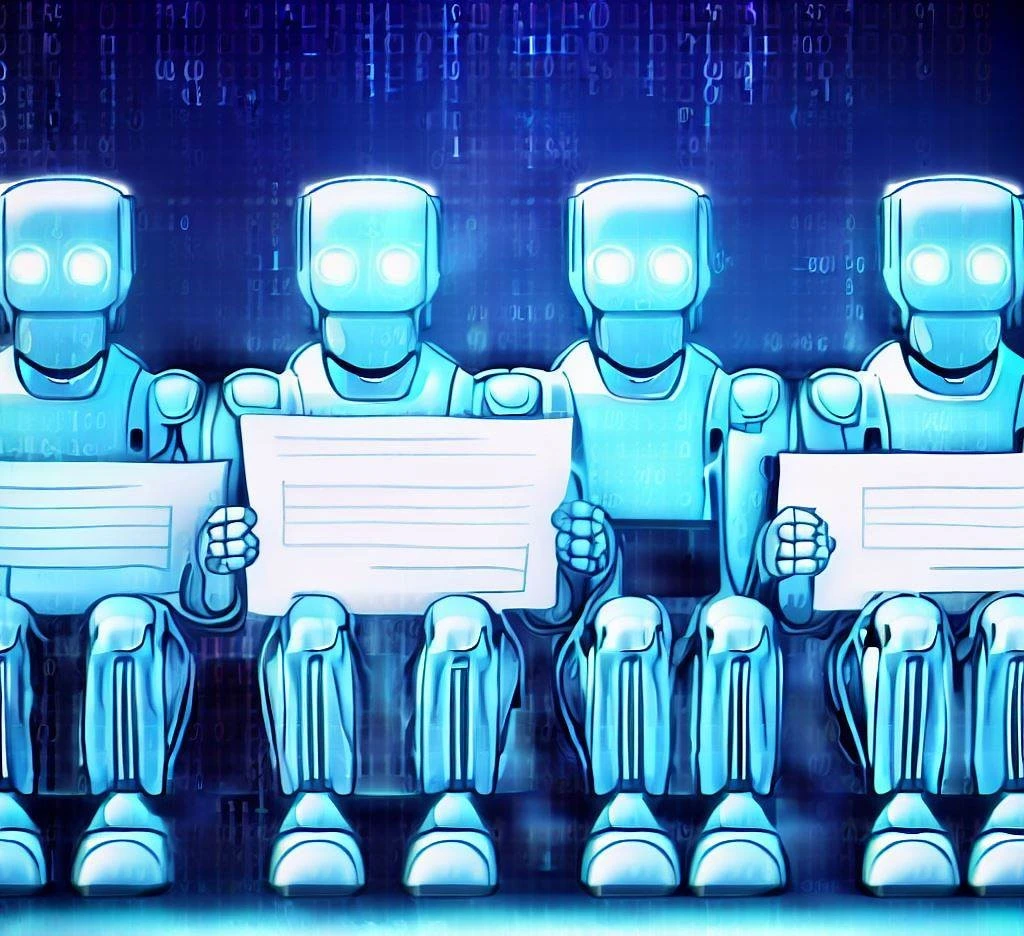
As automation takes over, many tasks once done by humans have been acquired by the ‘shrewd little machines’, making job security concerns and bleaker future opportunities prevalent.
But, just like past technological advancements, AI is expected to eliminate or transform existing ones. According to a recent report from Nexford University, while AI may eliminate two-thirds – or 300 million jobs –it will also generate 97 million net new jobs by 2025.
Key Take Away
- AI cannot replicate the nuanced judgment, decision-making, and emotional intelligence required in professions like law, medicine, and politics.
- In the World Economic Forum’s Future of Jobs Report 2023, they predict that from 2023 to 2027, the most significant job growth will be seen in roles like agricultural equipment operators, heavy truck and bus drivers, and vocational education teachers.
- While AI can assist in tasks like research, diagnostics, and code generation, it falls short in creative, strategic, and empathetic roles, emphasizing its role as an aid rather than a replacement.
- AI technologies like ChatGPT and GitHub’s Co-pilot serve as tools to boost productivity in various fields, but they cannot fully replace the complex problem-solving abilities and expert knowledge of professionals.
Apparently, AI cannot:
- Replicate human judgment
- Decision-making
- Complex communication
- Social and emotional intelligence
- Innovation, creativity, and physical skills
Let’s draw the insights from the capabilities of AI like Chatgpt, Midjourney Synthesia, etc. along with World Economic Forum’s Future of Jobs Report 2023- an in-depth analysis of how skills will evolve over the coming 5 years according to humans- to create a conclusion.
Jobs that A.I Can’t Replace
Elon Musk, the CEO of Tesla quotes, “There certainly will be job disruption. Because what’s going to happen is robots will be able to do everything better than us.”
AI is more powerful than we think and it can go much further if it somehow withholds human creativity.
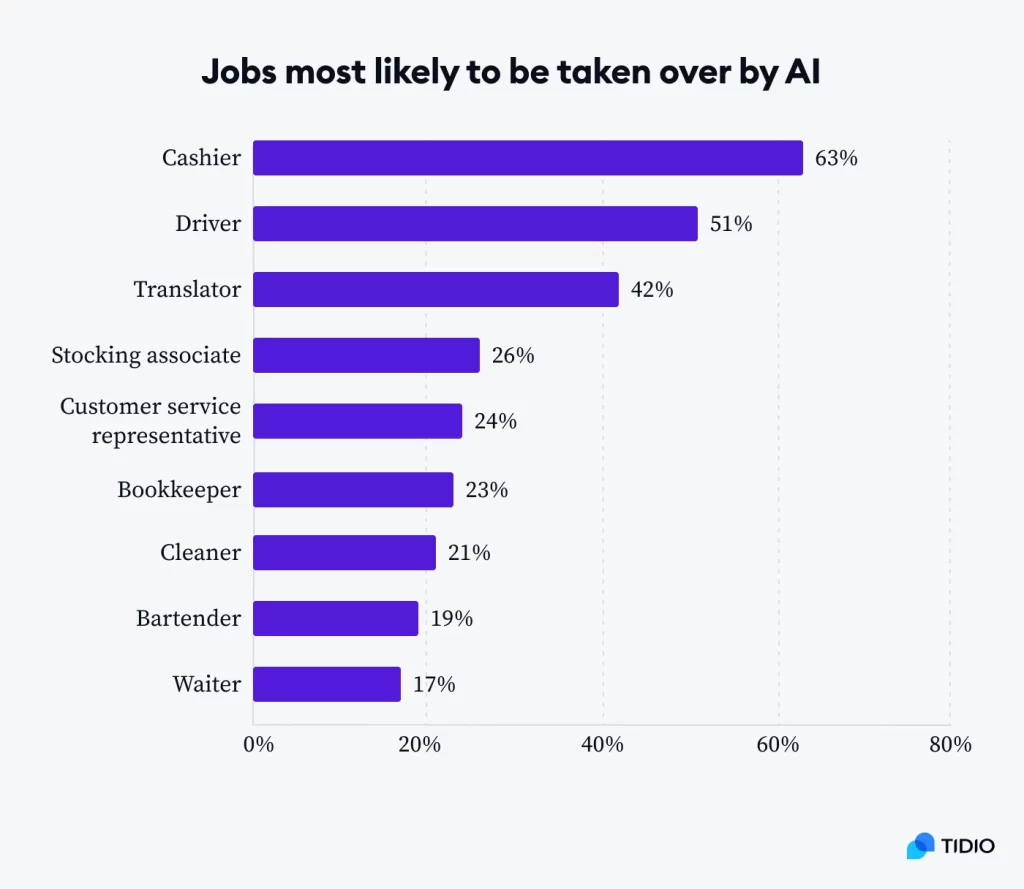
1. Lawyers
In June 2023, two lawyers from New York were fined $5000 for using Chat Gpt (an AI chatbot by OpenAI) to create fake case citations in a legal brief.
They used ChatGpt’s assistance to find legal precedents to support their cases and were suggested six cases that did not exist!
This connotes the fact that AI lacks human emotions, reasoning, and judgment to perform particular tasks.
It can only take predictable, repeatable, and measurable actions, unlike creative ones like negotiation, advocacy, or strategy.
AI may also struggle with nuanced legal concepts or cases that demand a deeper understanding of legal precedent and cannot provide legal representation in court but it can assist lawyers with research, document analysis, e-discovery, and other miscellaneous tasks.
In 2020, the McKinsey Global Institute estimated that 23% of a lawyer’s work could be automated.
The law court requires a strong lawyer-client relationship, trust between them, effective communication, and the administration of justice.
AI is unable to uphold fiduciary duties and persuade judges and juries. Moreover, it can pose risks to confidentiality, security, and accountability.
2. Physicians
AI is nowhere able to overpower the work of physicians, doctors and surgeons because it lacks important qualities like empathy with patients, understanding of the sufferer’s unique requirements, or providing emotional support.
However, AI will be crucial in augmenting the work of medical professionals to improve patient outcomes and reduce risk through more accurate diagnosis and treatment, predictive analytics, virtual assistance, drug discovery, and development.
In fact, a 2022 disease diagnosis study found that AI-assisted diagnoses are up to 80% accurate. Future physicians might rely heavily on AI for diagnostic efficacy and medical decisions. Forbes has a strong consensus about the human touch in healthcare.
3. Doctors
While AI healthcare assistants like Corti and Ada are in the market, the machines can be biased and may not be able to make ethical decisions that respect human dignity.
A survey of 200 Boston University students discovered that 40% of the participants would be ready to sign up for a free health assessment by a human medical specialist while only 26% would choose AI over a doctor.
Just like physicians, doctors need to have empathy, decision-making, and individualized judgments but that doesn’t make it useless.
AI can help with anomaly detection, prediction of diseases, and medical imaging analysis.
In 2016, a team of Pathologists at Harvard created an AI-powered program that accurately spotted breast cancer 96% of the time.
4. Politicians
Politics is a complex and dynamic field that, just like many other fields in this article-requires human skills such as creativity, empathy, and strategic thinking. Politicians represent the interests of their constituents. They are elected by the people and are held accountable for any corrupt behavior.
Though AI can assist politicians in analyzing large data, predicting trends, and identify patterns, these algorithmic decisions may be embedded with prejudice and bias.
Only 25% of people would trust AI more than politicians but an AI could create anarchy.
5. Athletes
In 2019, a team of researchers from OpenAI developed an AI system that could beat humans in the video game “Dota 2”, but that’s all.
Because AI is much behind in beating any athlete physically. Sports require physical fitness, endurance, creativity, and improvisation and AI lacks big time.
Although AI can be trained to perform physical tasks, it doesn’t have the agility and flexibility to match humans.
The athletes need to read their opponents and respond wisely under high pressure and stress.
Finally, sports also demands emotional intelligence and it brings people together to provide a sense of community and identity that bots can’t provide.
6. Data Scientists and Software Developers
While AI can automate a few tasks, it can’t replace data scientists and software developers because these skills require expertise in math, statistics, and computer science to interpret complex data sets.
According to an AI expert- coders, data analysts, and software developers could be displaced by AI but data scientists aren’t one of them.
The current state of generative. AI’s current state of generative AI doesn’t have the skills and competencies to replace any of the qualified specialists in your team but what can it do?
- Code completion tools like Github’s co-pilot generate code snippets based on natural language processing
- Bug prediction and detection tools like Deepcode
- Kite and Codota which allow developers to write code in almost every programming language
Even when it comes to coding on Chat Gpt, it has its limitations. It can write copy-pastable codes for you
Because it’s trained on 2021 data, it won’t have the intelligence to inform the latest codes.
ChatGpt says ‘’AI will serve software engineers as a tool to enhance their productivity and solve complex problems, rather than completely replacing the role of software engineers’’.
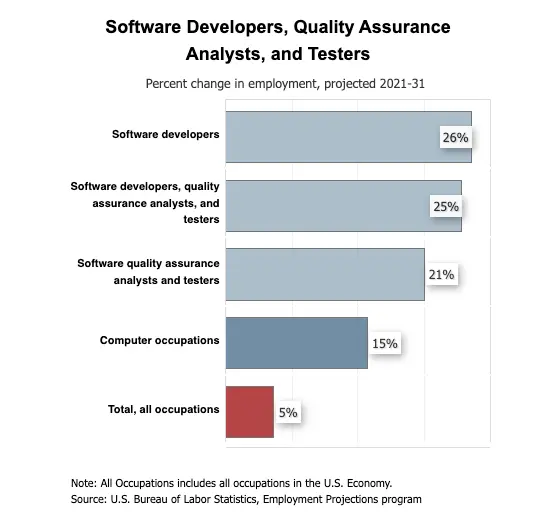
7. Event Planners
AI can assist event planners with data analysis and event marketing but fails to provide the human sense of aesthetics and planning.
Event planners will always be needed to design unique experiences and manage the logistics of events.
Even the majority of AI conferences are organized by a 100% human team of The Association for the Advancement of Artificial Intelligence (AAAI).
However, event planners can incorporate chatbot interfaces, data analytic tools, and recommendation engines to enhance event planning by judging the metrics and being able to make informed decisions for future events.
AI can create event agendas and ensure successful events. AI can help with your wedding aesthetic, website or signage wording, budget management, social Media Suggestions, Thank-You notes, and even wishes or vows but a human is needed to physically guide the staff for a successful and risk-free event.
8. Therapy and Counseling
The automation of psychology is highly unlikely in the near future and according to a study, the probability rate is just 0.43%.
AI cannot fully replace therapists and counselors because these professions require a deep understanding of human emotions and interpersonal skills that AI currently lacks.
Human intimacy and comprehension of the human psyche are the foundation of counseling; elements that are not driven by set rules and are difficult to automate.
Human psychology doesn’t run over a single path and each mind is a different array of complexities, so AI can’t supplement therapy
Counseling roles make it challenging for machines to replicate human emotional responses.



